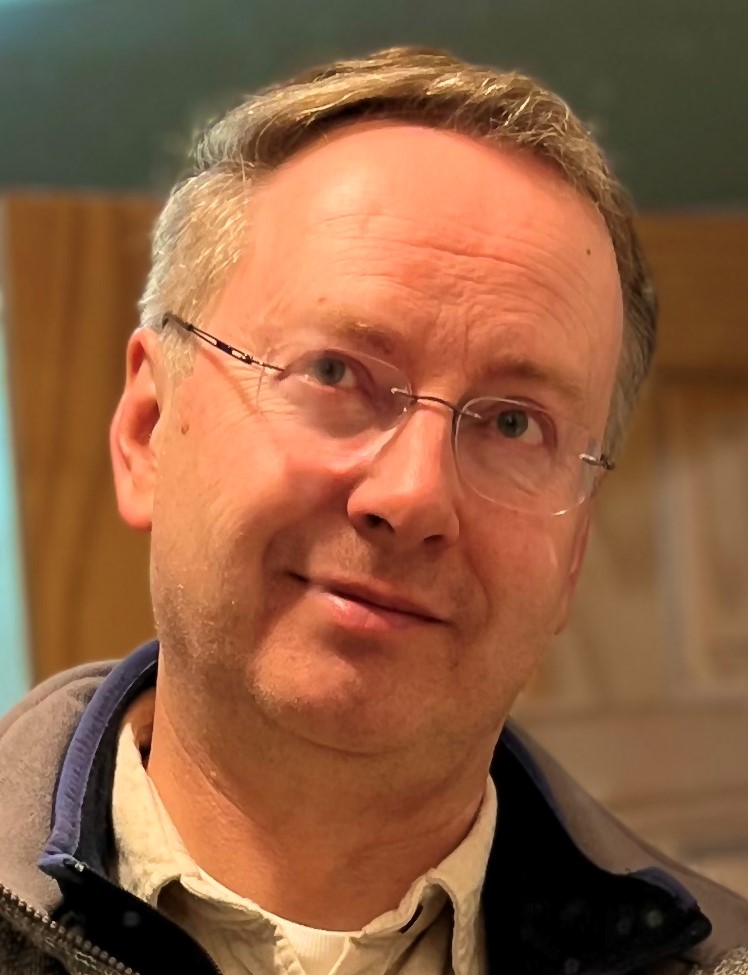After a doctorate in the Dept. of Atmospheric, Oceanic and Planetary Physics at the University of Oxford, England, I worked as a planetary scientist near San Francisco at NASA’s Ames Research Center from 1995-2001. In 2001, I joined the faculty at the University of Washington in Seattle. I also had a stint as European Union Marie Curie Chair in Earth and Planetary System Science at the University of Bristol, England, from 2005-2008, while also an affiliate professor at the University of Washington.
Currently, I’m a Professor jointly appointed to the Dept. of Earth and Space Sciences and cross-campus Astrobiology Program at the University of Washington. My research interests revolve around understanding the co-evolution of planetary atmospheres, planetary surfaces, and life. This includes collecting and interpreting data from other planets and the Earth. A key goal is to understand the habitability of planets in general. I have also been involved in NASA’s exploration of Mars and was part of a 35-person team of scientists responsible for NASA’s Phoenix Mission, a probe that landed and operated successfully in the northern polar region of Mars in 2008. I am author of the book, Astrobiology: A Very Short Introduction— a readable and up-to-date summary of the subject. I also have co-written a technical book aimed at researchers and PhD students entitled Atmospheric Evolution on Inhabited and Lifeless Worlds.
For more info on research, check out my publications.
Current Students:
- Lauren O’Neil
- Nick Wogan
- Andrew Shumway
- Lucas Fifer
- Ping-Chun Lin
- Kimberly Sinclair
- Trent Thomas
- Shintaro Kadoya (Postdoc)
Past Students & Postdocs:
- Steven Sholes
- Joshua Krissansen-Totton (NASA Sagan Fellow, University of California at Santa Cruz)
- Owen Lehmer (Research Scientist, NASA Ames Research Center)
- Mark Claire (Reader, Univ. of St. Andrews)
- Sanjoy Som (Research Scientist & Director, Blue Marble Space. Also at NASA Ames Research Center)
- Megan Smith (Technical staff, Aerospace Corp.)
- Erik Goosmann (Data Analyst, Institute for Health Metrics and Evaluation (IHME))
- MacKenzie Day (Assistant Professor, University of California, Los Angeles)
Selected Publications
D. C. Catling, J. F. Kasting, Atmospheric Evolution on Inhabited and Lifeless Worlds, Cambridge University Press, 2017.
J. Krissansen-Totton, D. Bergsman, D. C. Catling, On detecting biospheres from chemical disequilibrium in planetary atmospheres, Astrobiology 16, 39-67, 2016.
T. D. Robinson & D. C. Catling, Common 0.1 bar tropopause in thick atmospheres set by pressure-dependent infrared transparency, Nature Geoscience, 7, 12-15, 2014.
D. C. Catling, Astrobiology: A Very Short Introduction, Oxford University Press, 2013.
D.C. Catling, S. E. Wood, C. Leovy, D. R. Montgomery, H. Greenberg, C.R. Glein, J. M. Moore, Light-toned layered deposits in Juventae Chasma, Mars, Icarus, 181, 26-51, 2006.
D. C. Catling, C. P. McKay, and K. J. Zahnle, Biogenic methane, hydrogen escape, and the irreversible oxidation of early Earth, Science, 293, 839-843, 2001.

